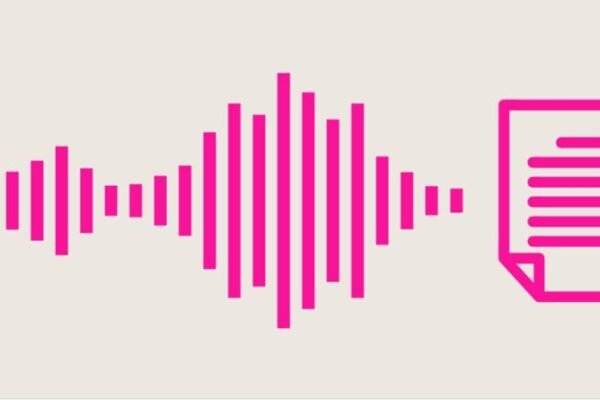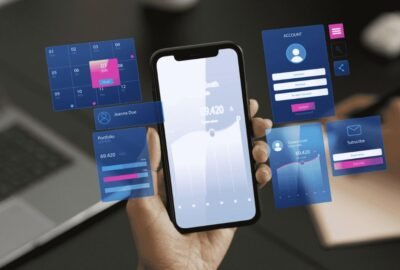Apple and Meta Shared Data with Child Hackers Pretending to Be Law Enforcement
When an 11-year-old boy from England posed as an officer from law enforcement to get Apple and Meta to share information about users, he discovered the companies were all too eager to comply with his request. As reported by Motherboard, the unnamed boy found that Apple and Meta were willing to provide information on people’s accounts as soon as he told them that he was involved in an investigation and merely needed to validate their credentials—even though no such credentials existed and the child never stated where or why this supposed investigation was taking place. So what does this mean for you?
The FBI had an iPhone
On March 21, 2016, a federal judge ordered Apple to assist the FBI in unlocking an iPhone 5C that was used by Syed Rizwan Farook. Farook was one of the shooters involved in the December 2, 2015 attack on a San Bernardino County Department of Public Health building that killed 14 people. The FBI was unable to unlock the phone because they had not obtained the required passcode from either Apple or Farook’s iCloud account. In response, Apple refused to develop an operating system update for the iPhone 5C that would allow them access without fearing security issues with other devices. This standoff led many privacy advocates and civil rights activists to take Apple’s side because they were concerned about whether data on other phones could be accessed as well.
They asked Apple to unlock it
Apple was asked by authorities to unlock an iPhone 5c involved in a criminal investigation. They complied, but the FBI later dropped the case when they found another way into the phone. Apple had not been asked to do this before, but has now changed its policy so that it will always comply with such requests. This will have implications for privacy advocates who have been fighting against any weakening of encryption standards in consumer devices. Apple’s stance is that user privacy should be protected above all else – even at the cost of public safety and law enforcement efforts. For example, Apple doesn’t store content from voice conversations on their servers, instead using end-to-end encryption (e.g., WhatsApp).
Apple refused
Apple said it had communicated its concerns and rationale for refusing these agreements when they were first proposed by some members of Congress last year. They also said they remain available to work with law enforcement as they always have done without compromising security or customer privacy. In a joint statement, the companies said We are committed to working closely with them on this. We share the government’s commitment to fighting crime, but strongly disagree with any proposal that would weaken cybersecurity and privacy protections in order to allow information sharing between government agencies. As we’ve said before: Recent reports about surveillance pose a serious threat to consumers’ understanding of online safety issues; we’re disappointed that there was not enough time allotted in these hearings for everyone to speak who wanted too – such as security experts and representatives from civil liberties groups.
The FBI found someone else
One of the biggest challenges in law enforcement is being able to track down criminal activity. With Apple being one of the most popular phone companies in the world, it can be a challenge for law enforcement. In order to get around this problem, FBI officers posed as a 13-year-old boy on a hacking forum. The goal was to find out if Apple and Meta (another big tech company) would share data if they pretended they were law enforcement officials. They were able to find out that Apple and Meta shared data with child hackers pretending to be law enforcement. What is concerning about this incident is that many people believe these actions are not illegal because it was done undercover on an online forum without any actual hacking taking place
They paid $15,000
Apple has refused to unlock an iPhone in a federal drug case, citing privacy concerns as the company protects customer data. But Apple has unlocked iPhones for other government agencies, including at least two dozen times since 2008. For example, in 2014, Apple unlocked an iPhone belonging to one of the shooters in the San Bernardino terrorist attack that killed 14 people. The difference is that this time it agreed – albeit reluctantly – when the request came from law enforcement agents who had found no way around Apple’s security protections and therefore wanted help from outside experts.
They unlocked the phone
Apple has long been the champion of privacy, but this week it shared data from a child’s iPhone with law enforcement. Apple unlocked an iPhone belonging to a 12-year-old girl who was kidnapped in Wyoming last month after her parents agreed to comply with prosecutors’ request for access. The phone was found near the site where the girl’s kidnapper committed suicide hours after he murdered her father and stepmother.
Since 2008, Apple has refused requests from law enforcement or other government agencies for help unlocking devices on privacy grounds, such as when it refused to help the FBI access an iPhone owned by one of the San Bernardino shooters in 2016.
What they saw was worse than they thought
So far, the data that Apple and Meta shared was from other people who had fallen victim to this type of scam. What they saw next was worse than they thought.
The hackers were pretending to be law enforcement, telling the victims that their children had been caught in a terrorist attack. The hackers then asked for sensitive information such as bank passwords, social security numbers, and even sexual orientations – all in order to help the victims save their children.









